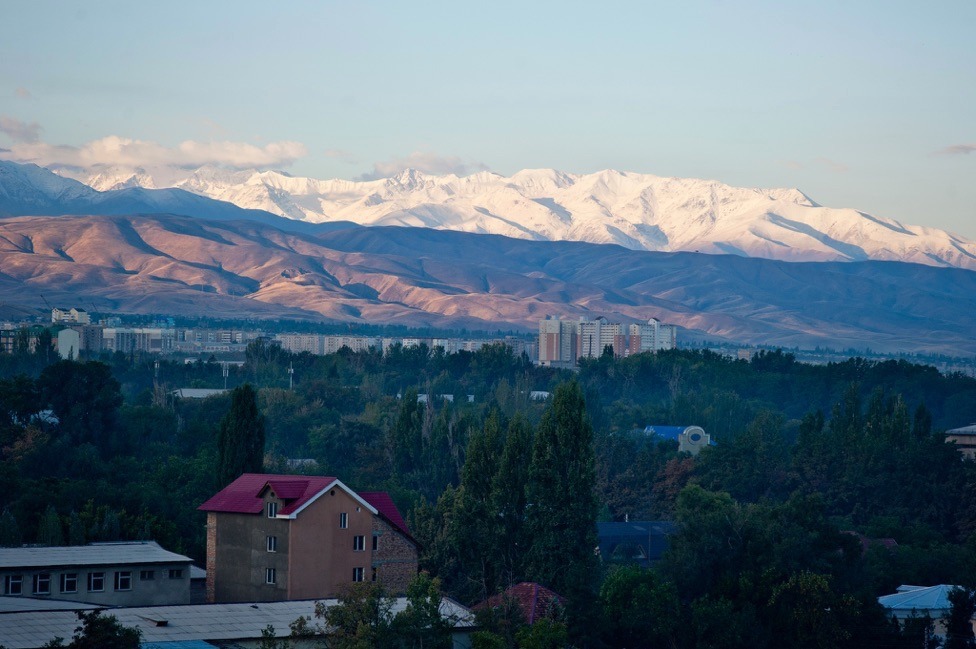Last week the European Regional Bureau of the Internet Society (ISOC) co-organised a roundtable discussion on the Kyrgyz Internet landscape together with the National Institute for Strategic Studies (NISI). Following our successful Internet Symposium last December in Bishkek, the ISOC team was full of enthusiasm to explore further the opportunities brought on by the Internet in the Kyrgyz Republic.[1]
The goal of the roundtable was to understand the country’s Internet environment and to share global insights. The discussion focused on Internet infrastructure and ecosystem, touching both local and international connectivity. Colleagues Michael Kende and Jane Coffin set the scene with presentations emphasising the importance of local content and Internet Exchange Points.
Looking beyond the Internet infrastructure, I wanted to highlight some of the overriding factors that I believe will help the Kyrgyz stakeholders realise the Internet opportunity in the long run:
Entrepreneurship. During our visit, it became clear that many Kyrgyz companies have already jumped on the Internet opportunity. There is a wide choice of Internet service providers in the capital city, Bishkek, providing a basis for a dynamic Internet economy. The available bandwidth has in its part helped create a significant number of local technology companies ranging from software development and content hosting to outsourcing. However, to make the Internet truly a national asset, the next step would be to expand to rural and remote areas. The Internet is for everyone!
The youth. Our stay in Bishkek coincided with the bi-annual Kyrgyz IT Forum, the largest IT event in the country. The Kyrgyz IT Forum is organised by a well-known local NGO, the Civil Initiative on Internet Policy, and attracts a wide variety of Internet stakeholders. The forum reached some 3,000 online registrations, and on the day, the venue was heaving with young IT professionals, marketing folk and students. The opening speech by the then acting Prime Minister Otorbaev was followed by sessions on topical issues and there were no free seats for latecomers. The future of the Internet looks promising in the Kyrgyz Republic.
Participation. Throughout our visit, it was striking that most stakeholders were open to exchange views and ideas despite language and cultural differences. Local businesses see the Internet as a means to reach regional and global markets and push for progress to accelerate the Internet economy. The government participates in the discussions, at the highest level, and can add value by acting as a facilitator. The civil society and international organisations provide much-needed expertise and resources. Curiosity and willingness to learn are vital for a meaningful debate.
Update: The Internet Society has since published a study on the Kyrgyz Internet environment.
[1] Editorial note: The “Kyrgyz Republic” is the formal name of the country that is also known as “Kyrgyzstan”.
Photo credit: Matthias Buehler on Flickr
